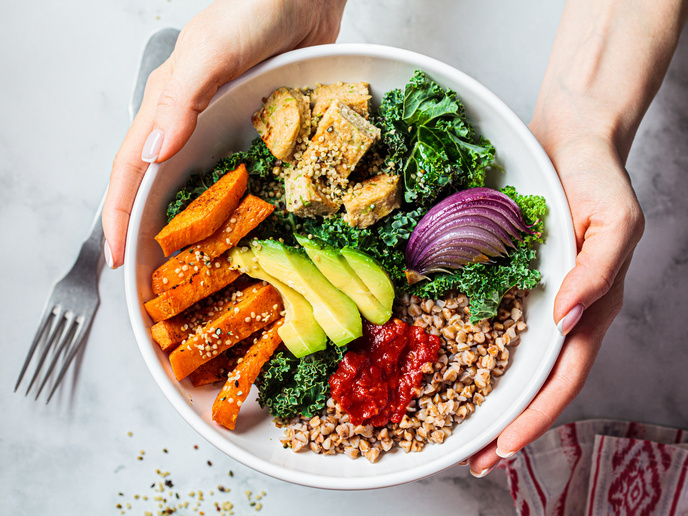High-protein diets can help boost healthy ageing
While the issue of malnutrition(opens in new window) in nursing homes and hospitals has received increased attention over the past few years, most older people still live at home. This means that malnutrition often begins in the community at large. “Prevention is key, because once a patient is malnourished it can be hard to treat,” says PROMISS(opens in new window) project coordinator Marjolein Visser, professor of Healthy Ageing at the VU Amsterdam(opens in new window) in the Netherlands. “With this project, we wanted to understand what role food could play in prevention, with a particular focus on protein. We felt that we didn’t really know if elderly people eat enough of this essential nutrient, or what exactly their understanding of protein is.”
Getting protein into diets
The PROMISS project brought together a number of academic partners, who combined their data on diet and clinical outcomes. “We ended up with a huge data set that enabled us to ask questions like: when do elderly people eat protein, and does it matter how active they are?” explains Visser. “We also conducted an online survey across five European countries, to find out about what older people know about protein. We also wanted to know what kinds of alternative sources of protein – such as insects or meat alternatives – they would be willing to eat.” Manufacturers were also involved in the project and worked with researchers to reformulate and trial products with high protein content that older people would like. And most ambitiously of all, the project recruited a group of around 280 over-70s who did not eat a lot of protein. With the cooperation of dieticians, this group was asked to start eating more protein for half a year, to see what impact this dietary change might have on various functions such as walking speed. “This was a major effort, involving a control group as well as constant follow-ups,” says Visser. “By the end we had almost become friends, and were even invited to a 50th wedding anniversary!”
Weighing environmental impact
The project’s data will help in establishing a recommendation for optimal protein intake. “We found that higher protein intake could indeed benefit older people in terms of physical functioning,” adds Visser. “However, if we are asking people to eat more protein, then this becomes an environmental issue.” To this end, the project also focused on the environmental burden of increased protein intake, and how this could be limited. “Older people were often quite clear that they did not want to become vegan or vegetarian,” notes Visser. “There are plenty of protein-rich alternatives such as pulses and nuts; but also shifts in the type of meat (from beef and lamb to pork and chicken) can make the diet more sustainable. It is not only a question of becoming vegan or vegetarian. It’s about making smart choices.” These findings have been translated into materials specifically targeted at GPs, geriatricians and dietitians, to help them inform elderly people about dietary choices and suitable protein sources. Feedback has also helped manufacturers to recognise how they might be able to rebrand some high-protein products for this specific market segment. “We found that most older people across Europe like soup,” says Visser. “Getting as much protein into a soup that is still tasty could be a really interesting, efficient option.”







